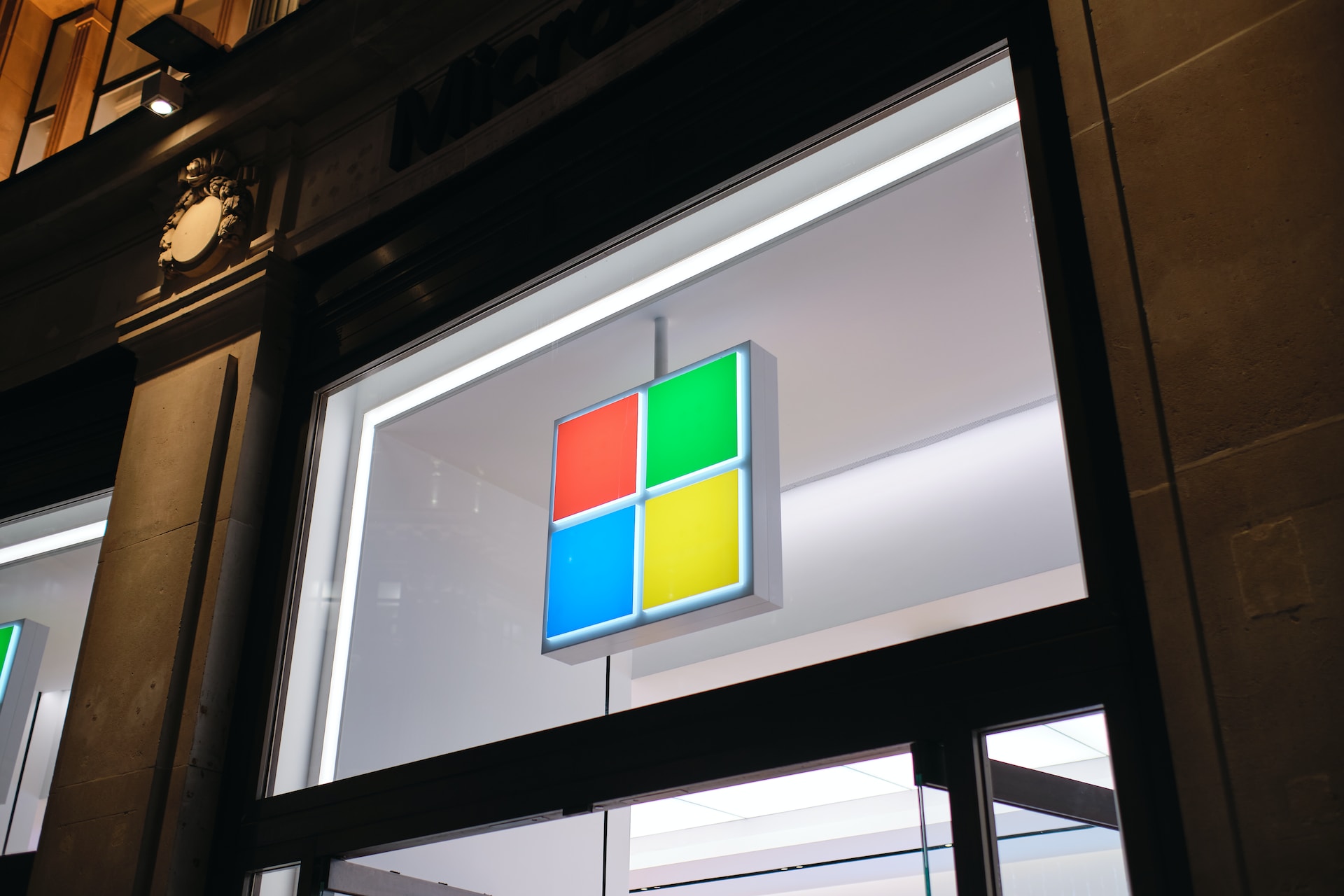Regulatory Concerns: Antitrust Scrutiny Looms Over Microsoft-Activision Blizzard Deal!
The proposed acquisition of Activision Blizzard by tech giant Microsoft has attracted significant attention and raised regulatory concerns in the gaming industry. Valued at a staggering amount of $68.7 billion, the deal is under intense scrutiny as antitrust authorities closely examine its potential implications on competition and consumer welfare.
The Power Dynamics
Microsoft’s intention to acquire Activision Blizzard, a prominent player in the gaming industry known for popular franchises like “Call of Duty” and “World of Warcraft,” has sparked both excitement and apprehension. If the deal receives approval, it would solidify Microsoft’s position as a dominant force in the gaming market, expanding its portfolio of exclusive titles and reinforcing its presence in the gaming ecosystem.
Potential Benefits
Proponents of the acquisition highlight several potential benefits that may arise from Microsoft’s acquisition of Activision Blizzard. Firstly, it would provide Microsoft with access to a vast array of well-established game franchises, enhancing its ability to attract and retain gamers within its ecosystem. Additionally, the merger could lead to collaboration and innovation, leveraging the expertise and creative talent of Activision Blizzard to deliver captivating gaming experiences.
Furthermore, the deal could intensify competition among tech giants, such as Sony and Amazon, as they vie for market supremacy. Microsoft’s strengthened position would enable it to invest in research and development, push the boundaries of gaming technology, and provide enhanced services to gamers worldwide.
Raised Regulatory Concerns
However, the proposed acquisition has raised significant concerns and triggered antitrust scrutiny. With Microsoft’s already considerable market presence, particularly through its Xbox gaming division, questions have emerged regarding potential anti-competitive practices and the consolidation of market power.
Critics argue that the acquisition could lead to reduced competition, limiting consumer choice and potentially resulting in higher prices for games and gaming services. The concentration of key franchises and platforms in the hands of a single company may stifle innovation and negatively impact smaller developers who rely on a diverse and competitive market.
Regulatory Scrutiny
Given the magnitude of the proposed acquisition and its potential impact on the gaming industry, regulatory bodies are closely monitoring the situation. Antitrust authorities will carefully evaluate the potential consequences for competition, market dynamics, and consumer welfare.
Regulators will assess whether the acquisition would create a dominant player that could manipulate market conditions to the detriment of other industry participants. If deemed anti-competitive, they may impose conditions or even block the acquisition to ensure a level playing field and protect consumer interests.
Shaping the Gaming Landscape
The outcome of the Microsoft-Activision Blizzard deal holds the potential to reshape the gaming industry. If the acquisition proceeds, Microsoft would wield substantial influence, boasting a wide range of exclusive titles and a massive user base. This could spur healthy competition, drive innovation, and deliver exceptional gaming experiences for players worldwide.
However, striking a balance between consolidation and maintaining a competitive ecosystem is crucial. The gaming industry thrives on diversity, creativity, and a variety of choices for consumers. Any significant acquisition must carefully consider these factors to preserve a vibrant and consumer-friendly market.
Conclusion
The proposed acquisition of Activision Blizzard by Microsoft has raised regulatory concerns and triggered antitrust scrutiny. While the deal offers opportunities for enhanced gaming experiences and technological advancements, it also poses valid concerns about market concentration and reduced competition.
As regulatory authorities continue to evaluate the potential consequences, finding the right balance between consolidation and competition will be essential. The gaming industry’s long-term health relies on fostering innovation.











